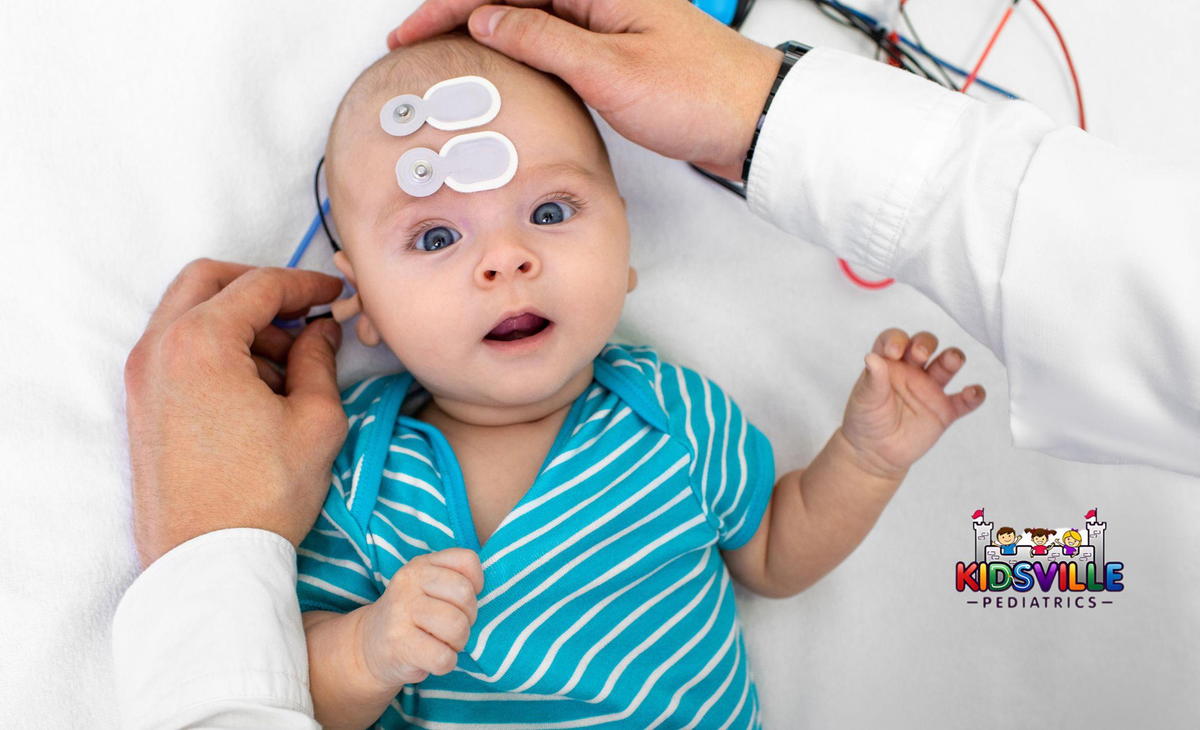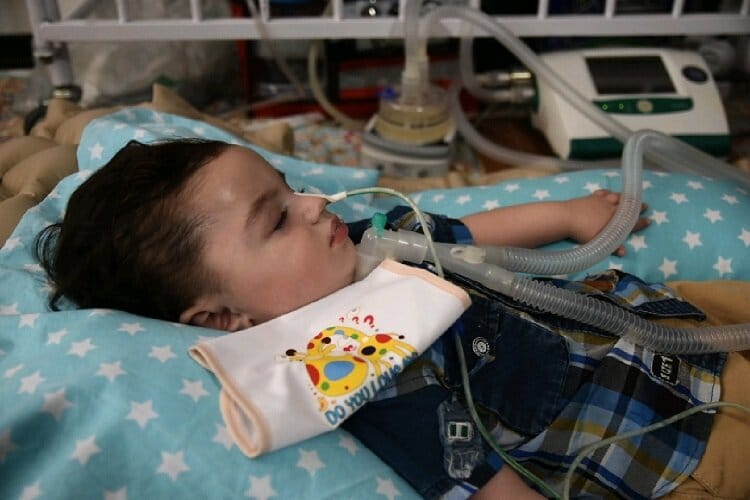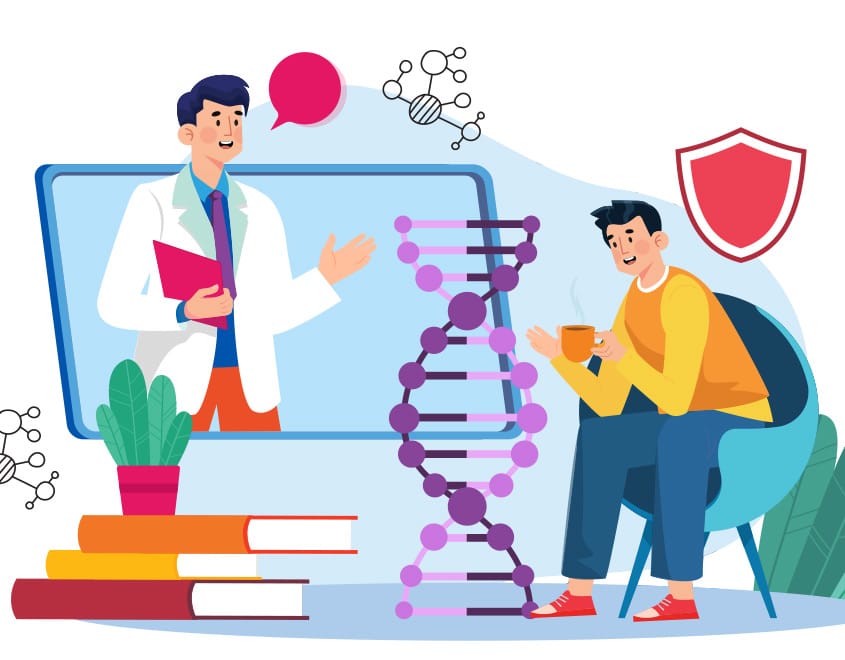Newborn metabolic screening (NBS) is a simple blood test conducted 48–72 hours after birth. It holds the power to detect life-threatening disorders before symptoms emerge, enabling timely intervention. For many metabolic conditions, early treatment can prevent irreversible neurological damage and dramatically improve quality of life.
Why It Matters:
Inborn errors of metabolism (IEMs), such as phenylketonuria, congenital hypothyroidism, and medium-chain acyl-CoA dehydrogenase deficiency, often present after damage has already occurred. NBS intercepts this process early—allowing physicians to initiate diet modifications, hormone replacement, or enzyme therapy.
Dr. Mathur’s Role:
At the Rare Disease Clinic, Dr. Mathur reviews every newborn’s screening outcome. Using his training from SGPGI Lucknow and Emory University, he interprets results quickly and orchestrates follow-ups. His care team coordinates confirmatory tests and begins individualized treatment regimens.
Impact on Families:
Parents frequently share how screening spared their child from months of uncertainty or neurologic decline. Early treatment offers better growth, development, and peace of mind.
Challenges & Solutions:
Despite proven benefits, universal NBS remains limited in many Indian states. Dr. Mathur advocates nationwide expansion and standardized protocols, working with government bodies and professional societies to integrate new disorders into the screening panel.
Case Highlight:
One success story involves baby Aanya, diagnosed at 3 days with congenital hypothyroidism via NBS. Prompt treatment allowed her to hit all developmental milestones, despite initial risk.
Conclusion:
Newborn metabolic screening is a pioneering example of preventive pediatrics. With Dr. Mathur’s expertise guiding interpretation, coordination, and treatment, families receive not just early diagnosis—but also a roadmap toward lifelong wellness. Wider adoption in India could transform child health nationwide.



Add a Comment